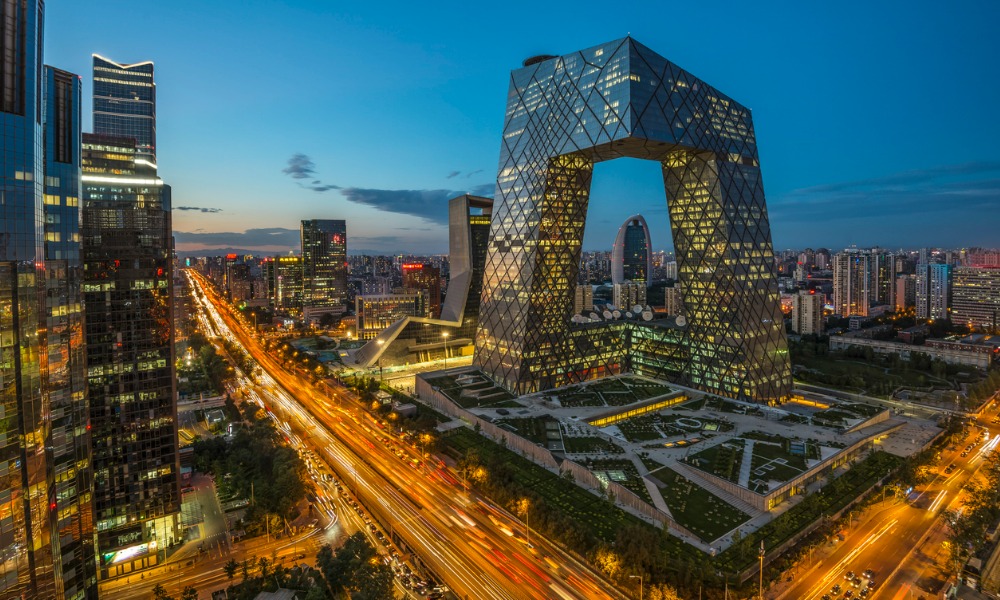New report says investors should expect uneven and market specific growth

Canada’s commercial real estate (CRE) sector will likely see a year of uneven and market specific growth in 2024, according to a new report from JLL.
The global real estate services firm noted in its 2024 outlook that broader momentum across the sector will make a return as the year progresses. However, close attention should be paid to debt financing strategies amid the current high-rate environment.
Another key trend identified in the report is the increasing demand for flexible office spaces, which allows businesses to conserve capital while awaiting clearer economic signals.
Demographic shifts may also play a crucial role in the sector, JLL noted, as markets that offer a lower cost of living experience a boost in population and job growth.
This change has brought real estate opportunities to areas that were previously considered unconventional for investment, according to the report.
Additionally, the report offered specific insights on the different CRE segments in Canada.
Within the office segment, JLL said the completion of over 16 million square feet of space from 2021 to 2023 has led to increased vacancy rates, particularly in Toronto, Vancouver, and Montreal. However, a slowdown in office construction post-2024 should allow demand to catch up and help stabilize the market.
Meanwhile, the industrial segment saw record-breaking new space deliveries in 2023, totalling approximately 40 million square feet. But a dip in demand has led to a rise in vacancy rates from 1.5% to 2.8% nationally. JLL said this is good news for benefit tenants and consumers, as the dip could help reduce warehousing costs within supply chains.
As for the multifamily segment, JLL reported a rental housing shortage across major and medium-sized cities, with vacancy rates in Canada’s 16 largest metros all falling below 2.4%.
Conversely, the retail sector has experienced decreased availability and higher rents as consumers return to physical stores. Investment volumes have also bounced back to levels seen before the pandemic, with strip and power centres showing notable rental growth compared to other subsectors, which have struggled to keep pace with inflation.
What are your thoughts on this story? Feel free to comment below.



